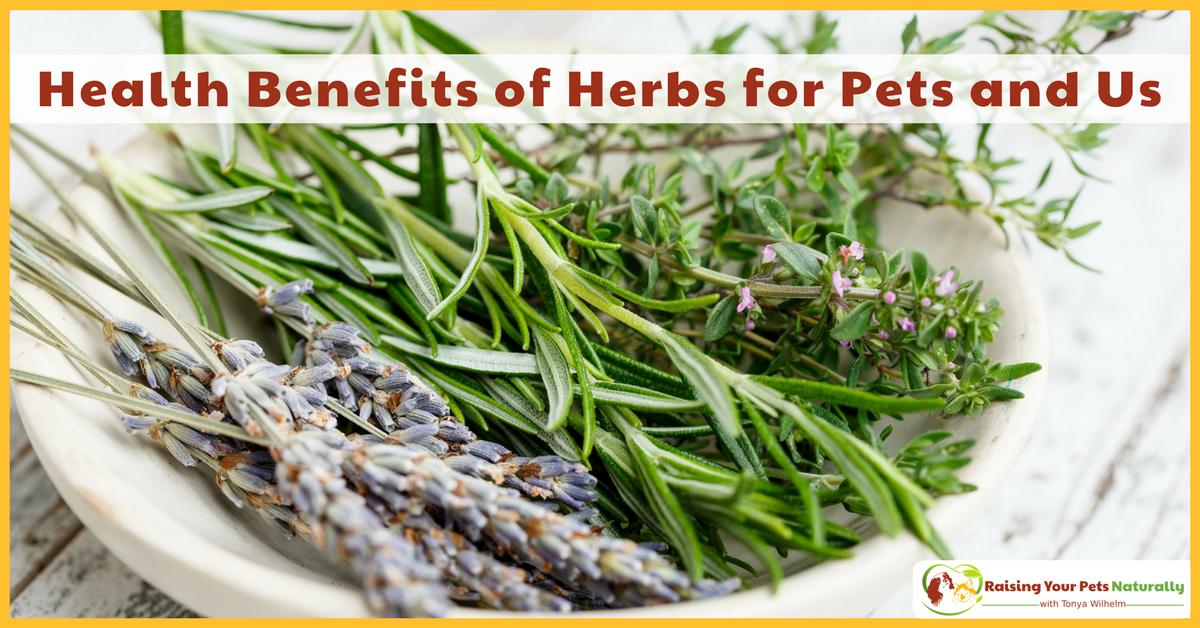Google Adsense—>

Herbs for Dogs and Herbs for Cats
Herbs and Spices for Pets

Herbs and Spices: For several years, I have been using herbs and spices in my personal care and my pets’ care on a daily basis. It’s not as simple as you may think; continuing education and research are important when using herbs and spices as remedies. I continue to learn through online research, books, and webinars from experts.
In this natural pet and personal health care series, I’ll highlight specific herbs and spices to provide information on how you can incorporate them into your life.
Please keep in mind that I am not a doctor, veterinarian, or herbalist. The content I provide is for informational purposes only. This content is not intended to be a substitute for professional medical or veterinary advice, treatment or diagnosis. Always seek the advice of a professional with any questions pertaining to your health or the health of your pet, particularly if either you or your pet has a disease or immune dysfunction.
Herbs vs. Spices: First, herbs are made from the leaves of a plant, while spices are the roots, seeds, and bark. Some plants are both an herb and a spice, such as the cilantro plant. We use the cilantro leaves as an herb, and the seeds are coriander seeds, a spice.
How to Use Herbs and Spices: There are a variety of ways you can add herbs and spices into your life or the life of your pet: fresh and whole, tinctures, teas, topical applications, or capsules and tablets. What you choose will depend on the need of the patient, and how the herb or spice is best suited for that application.
Quality: Herbs and spices should come from a high-quality manufacturing process, just like any other food product you use. I use organic herbs from my own herb garden whenever possible. If that is not possible, I look for a manufacturer with quality control to ensure that the herbs are potent and fresh. I never want an herb or spice that has been treated with chemicals such as pesticides or herbicides.
Storage Tips: If you choose fresh herbs, they can be stored in the refrigerator for a few days. Moisten a paper towel and place your herbs lengthwise in a row, then lightly roll them up in the paper towel. Place the herb roll in a glass container and store in your refrigerator. If you have more fresh herbs than you can use, try freezing them in ice cube trays or drying them in a dehydrator. They won’t be as fresh or potent, but they still will work. To store dried herbs, place them in a glass jar with a tight lid and store in a dark, cool place. The dried herbs will last for several months.
I look forward to your joining my herb and spice journey to a healthier lifestyle!
Are you looking for even more ways to stay up to date with Raising Your Pets Naturally? Sign up for the newsletter for more tips and promotions. Don’t forget to be social and Like, Follow and Subscribe. Comments below are always welcome.
Facebook Twitter Pinterest Instagram YouTube








That’s awesome! I love natural remedies!! Of course you can’t treat severe diseases, but they are amazing to keep your dog’s health up to date!!
Thanks, Valerie. Dexter has a very severe malformation in his skull causing neurological issues and pain. We worked with a holistic vet on herbs and food therapy and he was able to get off of a lot of meds and is actually doing great now! I’m not sure if you subscribe to Dogs Naturally Magazine, but I wrote a feature article in the magazine about it a few months back. 🙂
Oh, that’s amazing!! Do you have a link? I would love to read it!
There are a few links to a variety of books.
We use a lot of fresh herbs in our cooking. The cats, of course, prefer catnip!
🙂 One of our cats won’t have anything to do with catnip.
We grow a lot of herbs, not so much for the dogs but for ourselves. I should look into ones for the dogs!
You should. The books in the article are very helpful. My herb garden is doing well, I wish I could say the same for my veggie!
I’ve been dabbling in learning more about what herbs can help my dogs.
That’s great!
We’ve tried raising herbs in the kitchen several times but it didn’t go well. Not enough sun maybe.
I’m not a green thumb….AT ALL! Mine did not last indoors, either. This year, I planted them in pots with organic soil and they are doing great.
Great post. Thanks for sharing insight about the benefits of using herbs and spices. I try to use natural options as much as possible and I appreciate having resources to use that I can reference for help in ensuring I do so correctly
Thank you. The books in the post are really good resources too. 🙂
Huh. I knew there was a difference between herbs and spices. I just didn’t know WHAT it was. Interesting. I love using herbs and spices. Thank you for posting about the options for pets also.
Thanks, Sadie. Ya, I had to look that up awhile back, then it made sense. 🙂
Thanks for the insightful blog post. Our charity is based in the Amazon Jungle. Over 75% of Western medicines are derived from plants discovered in the rainforest. As many people have no access or funds for medical care, people use herbs…cures passed down over generations. We have worked to embrace herbal cures for common pet ailments so that people can maintain healthy pets. Again, thanks!
They are amazing little plants that can pack a big punch!
I grow a potted cat garden with all the kitties favourite herbs – cat mint, cat thyme, cat nip, cat grass and lemon grass – it’s one of their favourite spots. I’m currently supplementing Max’s diet with curcumin to help with inflammation and asthma – it’s reduced the frequency and severity of his attacks.
Thanks for the insight on curcumin. I haven’t looked at that one yet. So many, so little time. The garden sounds amazing.
I haven’t given much thought to giving my dogs herbs, but it makes good sense to do so. I’m looking forward to learning more from you!
Thanks, Beth. You are what you eat, pets too. 🙂
I don’t even know how to use herbs and spices for me, much less my cats. I look forward to reading about this.
🙂 I hope you follow my journey.
Fantastic Post as I am feeding Layla everything natural over here, thank you for sharing
This is such a helpful post with a lot of great information for us newbies! I know Cilantro as Coriander and had not thought it was both a herb AND a spice (duh!!) but I do know that I would prefer to use herbs from my own garden. I don’t grow much but feel safer because they are not sprayed.
🙂 Yes, no spraying! When I purchase fresh herbs from the store or dried herbs, they are organic. Non-organic would defeat the purpose.
I need to start adding natural ingredients like herbs to my dogs’ diet, thanks for sharing!
Love & Biscuits,
Dogs Luv Us and We Luv Them
Sure thing!
I always love learning more ways we can natural help our dogs.
Thanks! 🙂 Me too.